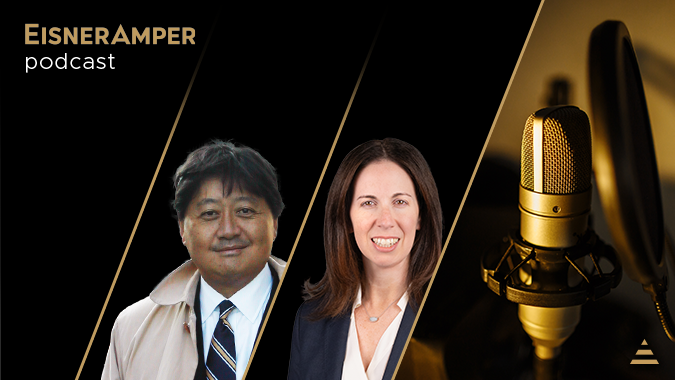
What You Need To Know About SPACs and the Real Estate Industry
- Published
- Feb 25, 2021
- Topics
- Share
Market awareness for SPACs (the acronym for special purpose acquisition companies) has been increasing in recent months. In general, SPACs are companies that raise money in the public markets without any specific assets or operations at the time of such public offering. Commonly referred to as “blank check” companies, SPACs place any cash raised into trust or escrow accounts, and then post-fundraising seek to identify target acquisition companies. The ultimate goal of SPACs is to combine with target companies and ultimately operate as a public company. Real estate investors and fund sponsors may be familiar with this general structure since there are similarities between the SPAC model and the traditional real estate private equity fund model. However, there are also certain discrete differences, and therefore, it is critical that investors as well as real estate sponsors and managers consider how SPACs may impact and play a role in the real estate industry.
Traditional Real Estate Private Equity vs. SPACs
- Raising Capital: In the traditional real estate private equity fund model, fund managers and sponsors raise capital commitments from investors for a particular real estate investment thesis, sometimes with no particular targets on formation. Similarly, in a SPAC, founders raise capital with a particular investment thesis, but no specific assets on day one. In the real estate private equity model, capital is not called immediately, but rather over time as a fund’s investment team locates assets that are suitable for the fund. This is in contrast to the SPAC model, where generally all of the investment amounts raised are funded at the initial public offering.
- Fees and Promotes: Fees and incentives to sponsors and founders are also relevant to analyze in the context of real estate private equity funds and SPACs. Outside of an annual management fee, the most significant compensation to fund sponsors is carried interest. A certain percentage of profit is allocated to fund sponsors in regard to their efforts over the life of the fund. For SPACs, a significant component of the compensation to sponsors is the founder shares that they receive (generally through purchase for a nominal amount).
Real Estate Industry Examples
- RXR Realty and Tishman Speyer have been formed with a target market focused on proptech, which is associated with property technology solutions and innovation. Since most SPACs have been targeting growth-oriented companies, the proptech sector of the real estate industry seems like a potential fit for the SPAC model.
- CBRE recently formed a SPAC with a more general target consisting of companies with growth potential.
- The founder and former CEO of large insurer UnitedHealth recently launched a new SPAC focusing on acquiring and combining companies serving the senior housing market. Sam Zell, founder and chairman of Equity Group Investments, helped launch a SPAC targeting various industrial and distribution sectors.
- REITs may prove to be a component of SPAC planning and structuring. Whether REITs will serve as potential target companies of other SPACs, create affiliated SPACs, and/or form SPACs that make REIT elections themselves, REITs have the potential to be more relevant as the real estate and SPAC models merge together. For example, Simon Property Group, a mall operator public REIT, recently announced its intent to form a SPAC to support innovation in shopping and retail.
Next Steps
Due to the similarities and differences between the real estate private equity and SPAC models, it is important to consider the accounting and tax implications of SPACs as compared to the traditional real estate private equity model. Furthermore, the economics that investors and sponsors will realize should be carefully analyzed so that participants understand their expected returns and any risks that may exist. Proper due diligence and consultation is recommended for investors and sponsors looking into SPACs. Click here for further detailed information on SPACs.
What's on Your Mind?
Start a conversation with Michael
Receive the latest business insights, analysis, and perspectives from EisnerAmper professionals.











